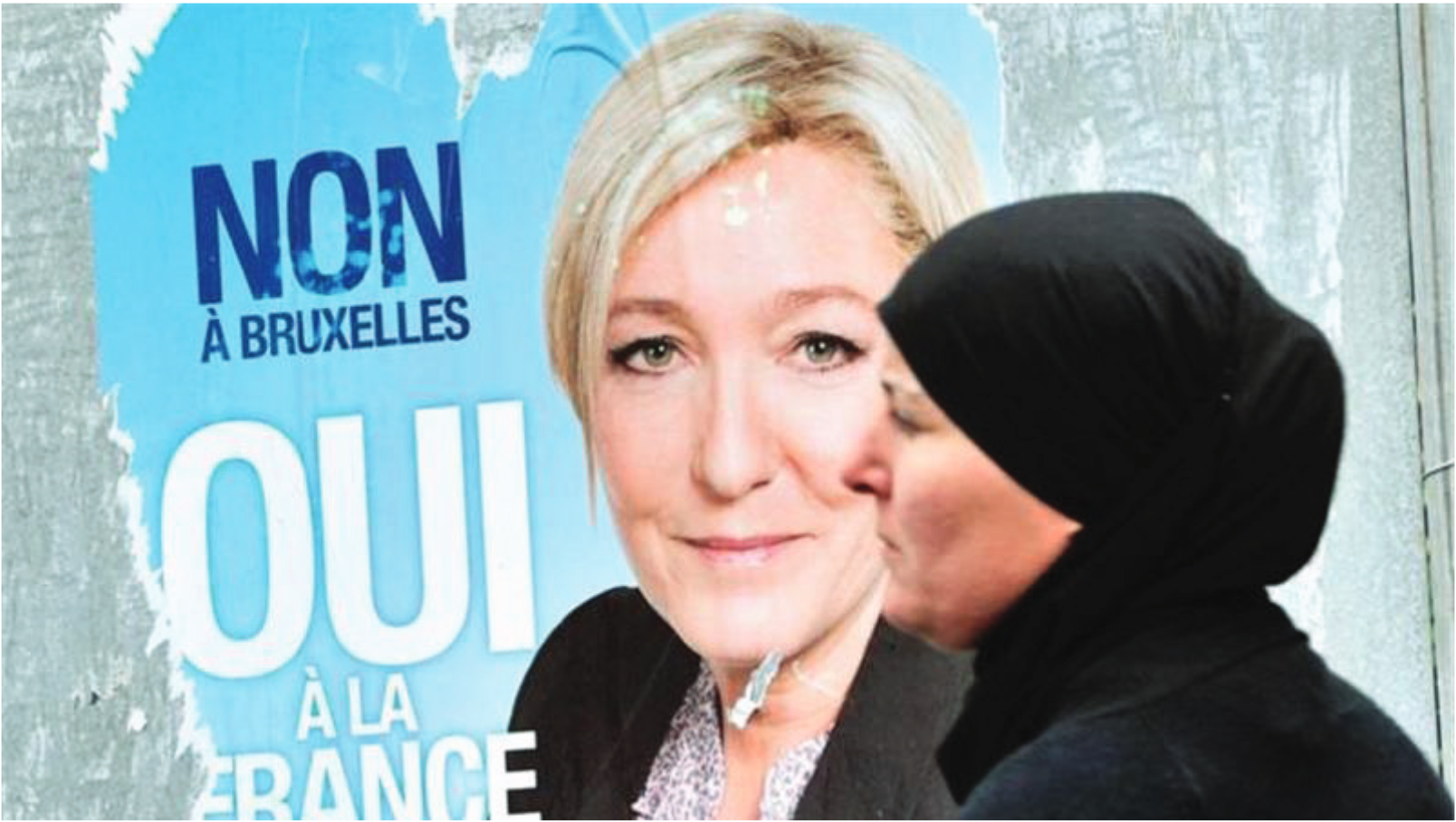The rise of the far right in Europe
Right-wing radicals are dividing the continent
On the morning of June 24, the British people awoke to the news that the UK had voted to leave the European Union. At a margin of 52-48 per cent, the United Kingdom will leave the organization that has long been hailed as successfully uniting the continent after the horrors of World War II. Though it had many supporters, the vote for Brexit is a victory for the right-wing politicians of Europe more than anyone else.
ON THE ISSUES
Over the past few years the European continent has appeared to be moving increasingly towards the political right. Parties such as France’s National Front and Alternative for Germany have been growing in power, and much of that can be linked to polarizing issues.
One of the foremost concerns is xenophobia. In light of the recent terror events in France, such as the Charlie Hebdo massacre, the Paris bombings and the July 4 attack in Nice, there is a growing anti-foreigner sentiment throughout the continent, with xenophobic protests and rallies becoming the norm. These movements are linked to the ongoing refugee crisis in Syria. This issue is known as “euroscepticism”, a continent-wide campaign against the freedom of movement, which could allow refugees to move between countries. Leaders cited this as a likely method for terrorists to move along with them.
Most notably, the issue is dividing countries such as France and Germany—who are willing to accommodate refugees—and Hungary, who is persistent in refusing their admission. Rampant nationalism was also evident following the announcement of the results of Brexit in the United Kingdom, when many Polish people in Britain reported being harassed by locals. The political right is feeding off of these sentiments to try to gain power in their respective countries.
Another compelling issue is related to the supposed failure of the European financial system. Alternative for Germany is campaigning against the Eurozone, as it is firmly opposed to the organization’s bailout policies concerning Greece, and wants a return to a national currency.
The political far right is gaining in strength in large part due to the wave of populism across the continent fueled by these issues. Europeans are less trusting of their centrist governments due to their perceived inability to affect change in any manner. This contributes to widening dissatisfaction that has led to more votes for far right political parties than in recent decades. Many voters are simply not seeing any change with their center administrations, and are voicing their anger with their votes. In Austria, for example, a far right presidential candidate almost won the election, with a gripping 49 per cent of votes cast in his favour. In Poland the incumbent centrist President, in power for over five years, lost to a relatively inexperienced right-wing, conservative politician.
IN THE STATES
In France, the National Front (FN) has been advocating for the radical right for many years, with a strong focus on euroscepticism and anti-immigration policies. Its founder, Jean-Marie Le Pen, is known to be controversial in French politics: he is outspoken about his xenophobic views, and has even claimed that the Holocaust was simply just a “detail” in history. However, in 2002 he received the second highest number of votes in the presidential election, marking the most successful performance by a far-right party in French history.
In recent years his aggressive radical ideas and image led to his daughter and successor Marine Le Pen to banish him from the party, in an attempt to soften the Front’s image to the general public. Her attempts have largely been successful: in the 2015 regional elections the National Front won the most votes in the first round than any other party, but ultimately did not win any presidencies of regional councils in the second. In the upcoming 2017 presidential elections Le Pen is widely expected to garner many votes, going up against an unpopular incumbent and a divided center-right party.
In Germany, the far right party Alternative for Germany (AfD) was only recently founded in 2013, but has already been making waves in the country. It was initially created to challenge economic policies, such as advocating that Germany leave the Eurozone. But with the election of Frauke Petry as its leader, the party has been shifting even further to the right. Under her leadership, the AfD has become more radical, especially concerning its opposition to immigration. This puts the party at strong odds with incumbent Chancellor Angela Merkel of the center-right Christian Democrats, who has pushed for a more inclusive refugee policy. In recent elections AfD only narrowly missed obtaining the minimum vote for a seat in the Federal Parliament—however, it did receive 145 seats in state parliaments, around eight per cent of total seats.
As previously mentioned, in Austria the radical right-wing Freedom Party made headlines earlier this year when its presidential candidate Norbert Hofer almost won, earning 49.7 per cent of the vote. Although the incumbent ultimately defeated him by a few thousand votes, this was the strongest showing of any radical right-wing party in Europe to date. The post of the presidency is largely ceremonial in nature, but its symbolism shows that the rise of the political far right should not to go unnoticed
Image courtesy of Al Jazeera
